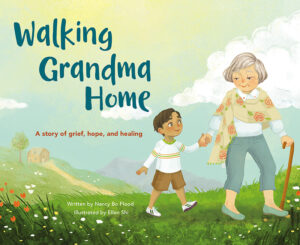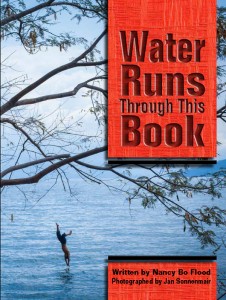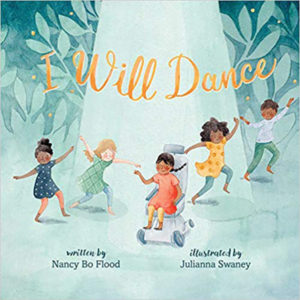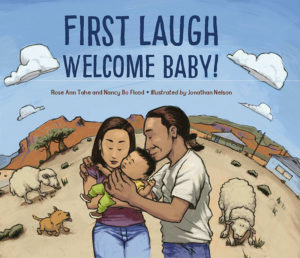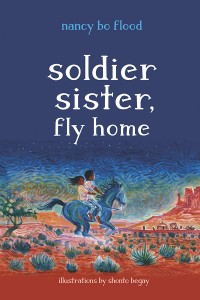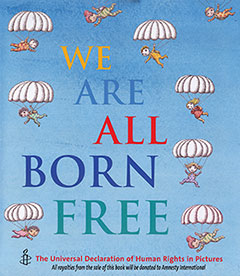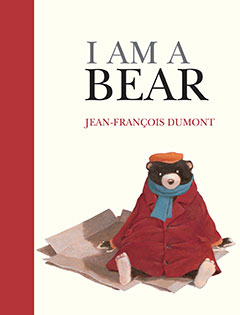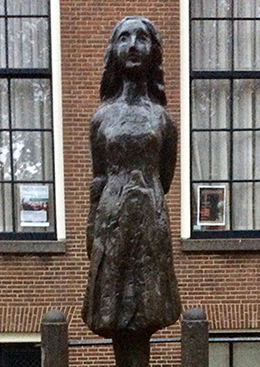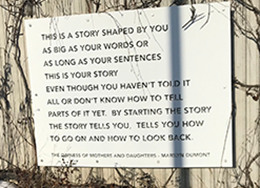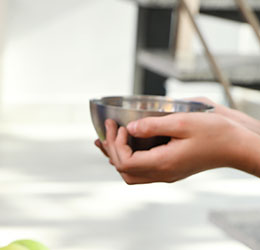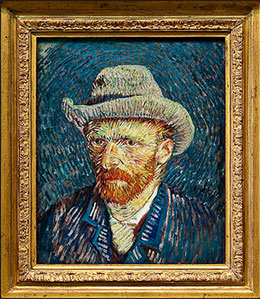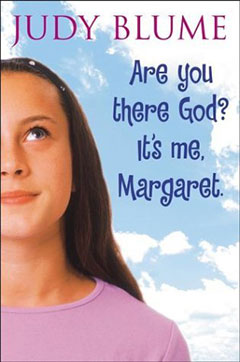Beyond Boundaries · Essays and Tidbits from Nancy Bo Flood
On December 17th, I introduced to my readers the visionary document, The Universal Declaration of Human Rights. I asked, “What if during this holiday time of gifts and family, food…
Read MoreAn homage to storytelling in Thunder Bay, Ontario, quoting from “The Dimness of Mothers and Daughters,” by Marilyn Dumont. From the plaque (because it may be hard to read): “This…
Read MoreI became absorbed with Vincent van Gogh’s paintings at “his” museum in Amsterdam. I had never seen his work close-up in person. Such rich color, such captured energy. And faces…
Read MoreTimes have greatly changed the rules for writing in children’s literature. Sex is okay but periods … maybe. Swearing, exploring gender identity, exploring sexuality – go right ahead. But spirituality? Tip-toe with caution.
Read More
